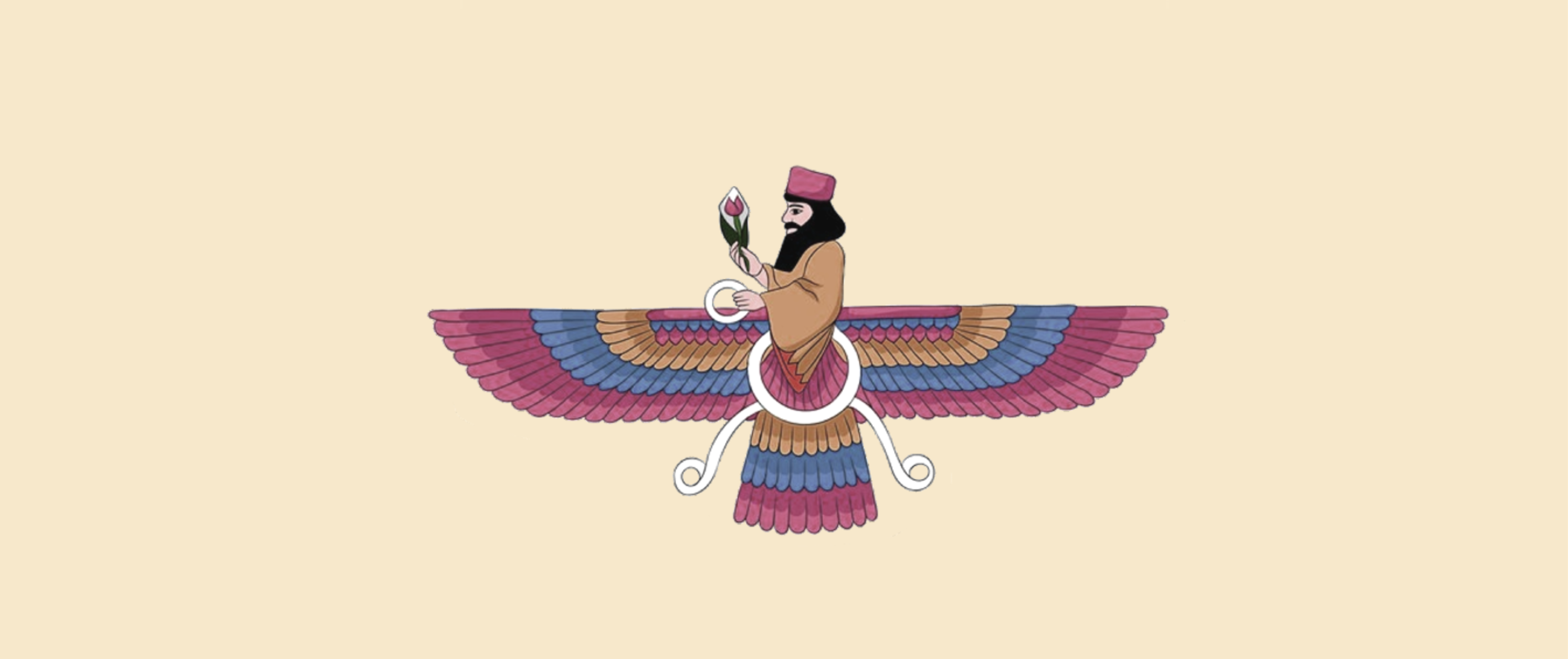Hinduism
Although "Hinduism" is a word given to us by outsiders and our system is not exactly a religion, for the sake of comparison we are presenting Hinduism too in this list.
|
God view |
In Hinduism, God is viewed as Brahman, the ultimate reality or supreme cosmic force that pervades everything in the universe. Brahman is formless, eternal, and beyond human comprehension, but can manifest in various forms (deities) that represent different aspects of existence and divine qualities. |
|
Self view |
The self, known as Atman, is viewed as the individual soul or essence within each person that is eternal and part of Brahman. Hinduism teaches that the ultimate goal of life is to realize the identity of Atman with Brahman through spiritual practice (yoga), self-realization, and liberation (moksha) from the cycle of rebirth (samsara). |
|
Religious tolerance |
Hinduism sees divinity as omnipresent and manifests in various forms and names. Therefore, Hinduism can accommodate the belief in multiple gods and goddesses from different religious traditions as different manifestations or aspects of the one ultimate reality (Brahman). |
|
View on rebirth |
Hinduism views rebirth, or reincarnation, as a fundamental aspect of existence governed by the law of karma. Every individual after death gets another birth depending on their karmas. ( So we all have multiple lifetimes in various realms in various bodies at different times) |
|
View on Evil |
Hinduism does not have an anti god, which is equal and opposite to god. Evil is only viewed as negative tendencies. |
|
Acceptance of Sacred feminine |
Hinduism accepts and worships the sacred feminine in all levels. The supreme highest divine force can also be the all-mother, a feminine force. |
|
Does God have a gender? |
No. The supreme divine is genderless, and is addressed neutrally. ( Brahman, |
|
Idea of freewill |
Hinduism approaches the idea of human free will with the laws of karma. |
|
How are other religious gods perceived? |
Hinduism acknowledges the presence of other deities in various religions. |
|
Is there a concept of conversion? |
No. There is no concept of conversion. |
|
View on food |
Hindus eat both Vegetarian and Non-vegetarian food but Vegetarianism is encouraged and recommended. There is a concept of sacred animals that are not consumed in general. Example: Cow. There are also other animals that are sacred to specific communities and those communities do not consume those animals that are marked as sacred. Hindu dietary practices can vary widely depending on factors such as cultural background, regional traditions, sects (like Vaishnavism, Shaivism, etc.), and personal beliefs. |
|
View on Ancestors |
Hinduism places a strong emphasis on the respect, veneration, worship and remembrance of ancestors, integrating these practices deeply into its religious and cultural life. |






